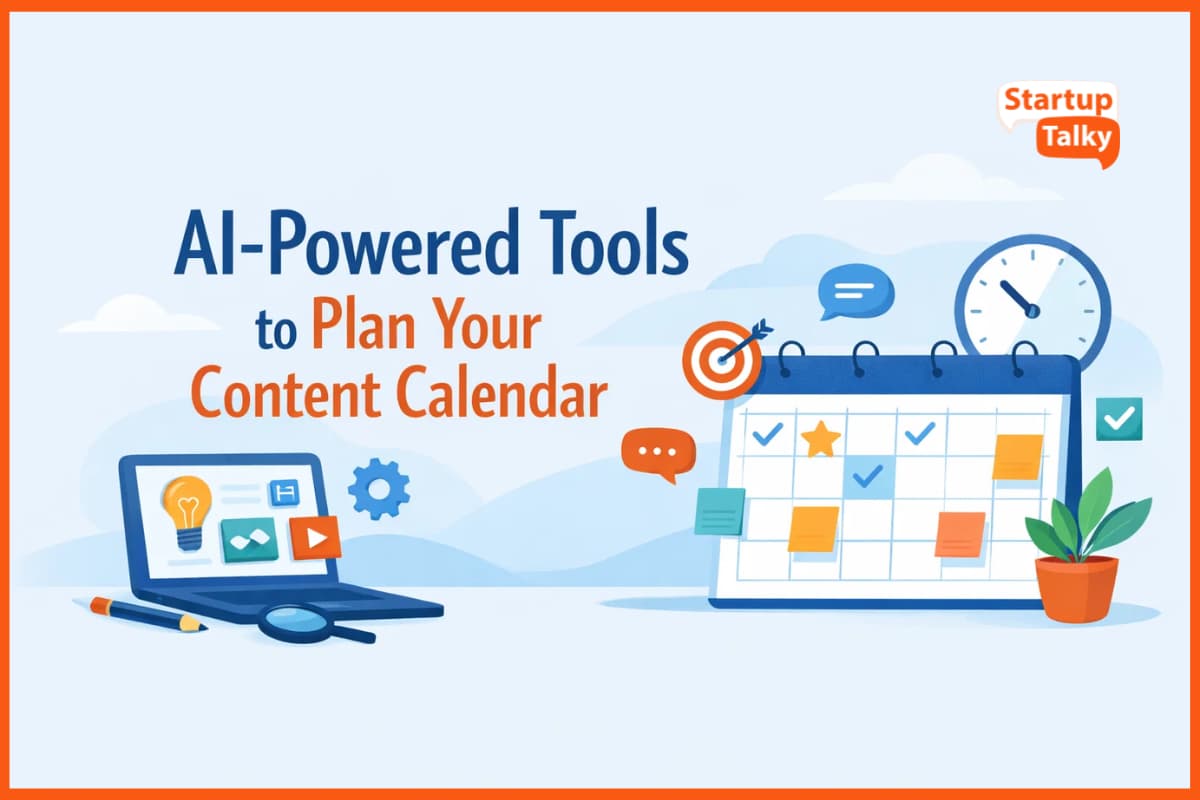Exploring the Role of AI Agents in CRM
✍️ Opinions
This article has been contributed by Praveer Kochhar, Co-Founder & CPO, Kogo Tech Labs.
Gen Z is coming of age as consumers, and they are changing everything we know about customer service. Their influence on consumer behavior is massive with older generations now accepting AI. McKinsey found that 74% of Gen Z customers, 82% of millennials, and 81% of Gen X customers are more accepting of AI-powered customer service now than ever before. CRM leaders today are facing the greatest challenge in decades — preparing their organizations for an AI-ready future, while meeting tough revenue targets and rising customer expectations.
Technology has surely enabled businesses to scale their operations significantly, and the traditional call centers are rapidly becoming a relic of the past. Yet, many leaders are faced with underperforming AI tools, leaving them to master entirely new approaches to performance improvement while retaining traditional tools. It’s Catch 22. But does it really have to be?
Let’s consider realities as they exist. Currently, 57% of CRM leaders expect ticket volumes to increase by as much as one-fifth over the next one or two years. At the same time, nearly 40% of them say that cost is still a key priority. The need to excel in service across multiple channels creates extra challenges for customer care leaders, especially when budgets are tight. This tension is driving companies to look for new ways to control the customer care costs with automation. Enter AI Agents.
Why AI Agents Mark a Monumental Change in CX as We Know It
AI Agents are the next generation of AI-powered bots that are already helping CRM teams scale quickly, while delighting customers. Built on a large agentic framework, AI Agents are made to not just respond to customers with empathy, but perform real-world tasks. For example, most chatbots are limited to their conversational capabilities. AI Agents can go a step further. It can process refunds, track orders and so much more than conversational bots.
It finally frees human agents to focus on more high-value work, which would be less monotonous.
High-value work taps into the strengths of human agents: empathy, building lasting customer relationships, and resolving issues in creative and innovative ways. And when the business is closed for the day, AI Agents can still be at work. They are highly customizable—and their personalities can be tailored to fit the company’s voice, making convincing small talk with customers, offering personalized responses that go a long way in building loyalty.

What Can AI Agents Really Do for CRM?
With customer interactions expected to continue skyrocketing, AI Agents are the best solution to manage this challenge. You don’t want to leave your customers waiting for someone to address their concerns. Because bad experiences will lead customers to your competitors. Fortunately, setting up AI Agents requires minimal effort. Advanced AI Agents built on small action models allow businesses to simply connect the AI agent to existing knowledge bases — be they structured or unstructured — and begin tackling your customers’ top requests on day one. It’s not rocket science.
AI Agents today are so advanced that it is easy to customize and control how the AI agent interacts with customers. They can also be configured to take on more advanced tasks autonomously, like returns or exchanges, by easily connecting them to backend systems. It ensures that the AI Agent can seamlessly resolve customer issues from start to finish.
These advanced capabilities reduce costs significantly. AI agents can autonomously resolve most of the customer service requests, allowing businesses of all sizes to scale quickly, without adding headcount.
These agents can be programmed to be expert sellers. They can upsell, crosssell, and even offer personalized recommendations to customers, reducing support costs and turning the contact center into a revenue-generating operation.
It can be a great tool for presenting customers with relevant, and timely offers. By analyzing data like purchase history, browsing behavior and demographics, AI Agents can identify products or services customers are interested in. For instance, AI can recommend sale items that the customer previously viewed or similar products to their previous purchases. It can use data to trigger promotions. For instance, an abandoned cart might trigger an AI-powered bot to send a discount code to the customer. As they learn from every interaction, and are pre-trained to automatically detect what customer intent and sentiment are, AI agents can deliver the right response every time.
AI is raising the bar for personalization, productivity, and performance in CRM. In the future, almost all customer interactions with brands will be powered by AI in one way or another. It’s time for businesses to relook and rethink their CX environment. There’s a great need to look at changing customer expectations and the role of AI within their organizations. The future of customer care is AI-driven. Leaders mustn’t hesitate. It’s time for a bold vision and bolder measures to make their organizations AI-ready.

Must have tools for startups - Recommended by StartupTalky
- Convert Visitors into Leads- SeizeLead
- Website Builder SquareSpace
- Run your business Smoothly Systeme.io
- Stock Images Shutterstock






